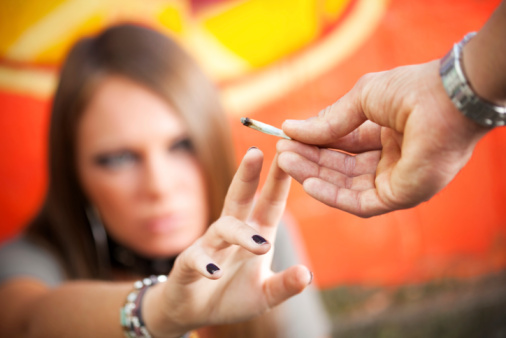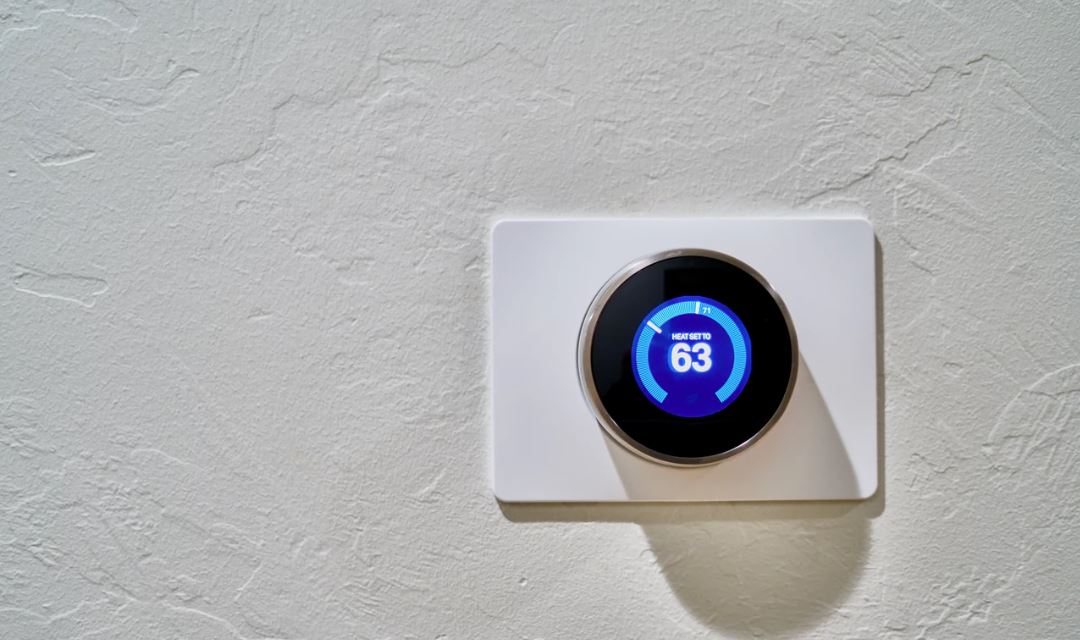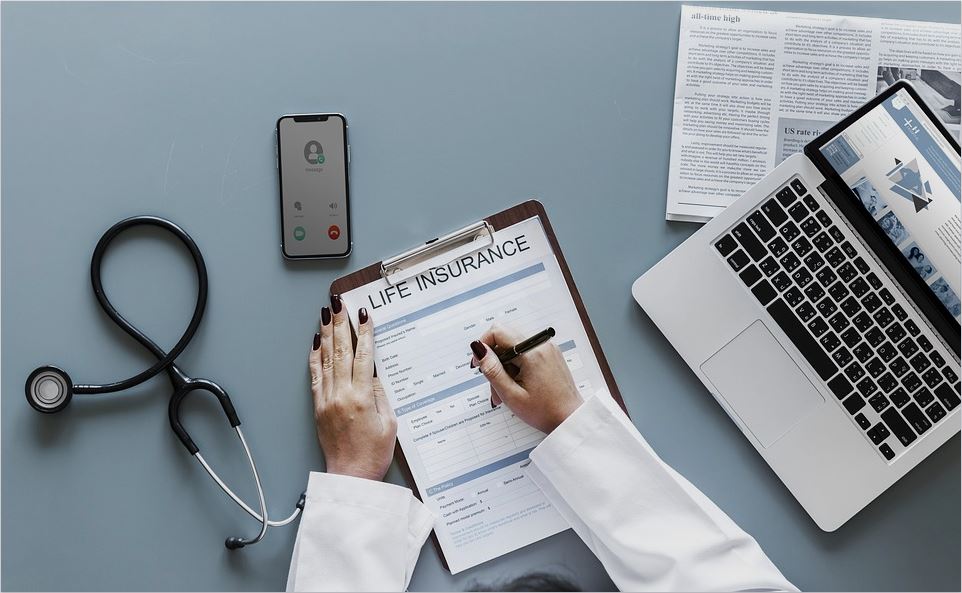In late October, a Michigan teen was charged with operating a vehicle under the influence and two counts each of leaving the scene of an accident, failure to maintain assured clear distance, and a juvenile traffic offense. The teen, who later admitted to taking LSD, had caused separate accidents just moments apart. Teen drivers are statistically at a greater risk for being involved in accidents, due to factors such as inexperience and overconfidence, but many teen drivers are increasing their risk of accidents by driving under the influence of drugs and alcohol.
Vehicle accidents continue to be a daily occurrence on U.S. roadways, killing and injuring thousands each year and caused by drunk and/or drugged drivers. For example, in the state of Michigan, over the course of a year, 384,049 traffic crashes occurred. Taking a closer look at the car accident statistics for the state, approximately 2% (9,036) of the crashes involved a drunk or drugged driver. While it seems to be a small percentage, it only takes one hit of acid or a puff of a joint to impair a driver and cause an otherwise preventable accident.
Drugged Driving
For years, drunk driving seemed to be one of the largest causes of fatal and non-fatal accidents. While drunk driving continues to be an epidemic, drugged driving is on the rise and is even worse because it is a dangerous mix of drugs and alcohol. According to the National Highway Traffic Safety Administration (NHTSA), approximately 1 in 8 weekends, nighttime drivers tested positive for illicit drugs. Additionally, of the drivers who were killed in car accidents during 2009, 1 in 3 tested positive for drugs.
While a drunk driver is usually visibly easier to spot, a drugged driver can cause the same kind of damage and have the same error in judgment. Unlike drunk driving, which can often be detected with an on-the-scene breathalyzer, drugged driving is harder to determine without blood or urine samples and typically those kinds of tests are only administered if an accident occurred and drug use is suspected.
Unlike the national BAC limit of .08, defined by the law as legal intoxication, there are no specific laws defining the level of impairment allowed for drugged drivers. According to the Governors Highway Safety Administration (GHSA), in efforts to curtail and take control of a growing problem, 18 states enforce strict per se laws (similar to Zero Tolerance Laws) that forbid any presence of a prohibited substance or drug in the driver’s body while driving.
Drugged Teens and Driving
Teens are an impressionable, experimental age group. Despite the ongoing efforts of anti-drug and alcohol campaigns, peer pressure, curiosity, and the attitude of invincibility still exists. While some teens take their first years behind the wheel seriously, others don’t think about the serious consequences involved in reckless behavior. During a five year period, 14.1% of surveyed high school seniors admitted to driving under the influence of drugs such as marijuana in the 2 weeks prior to the survey.
Additionally, in a separate study, some teens felt that marijuana use was only a slight hindrance to their driving abilities while some believed their driving improved. Statistics have proven those answers to be incorrect; drugged driving is responsible for risky behavior and death among teen drivers. Vehicle accidents continue to be the leading cause of death among teenagers between 16 and 19. Their lack of driving experience combined with experimental or frequent drug use can affect the cognitive and motor abilities required to operate a vehicle safely.
Make Your Message Loud and Clear
It’s difficult to say if America’s teenagers are merely ignoring the message to stay clean and sober while behind the wheel or if they honestly believe that they are invincible and skilled drivers. Either way, intervention and education must continue to keep teenage drugged drivers off of our roads. Teen drivers, in particular, need to be reminded that just one night of fun can result in a lifetime of regret, guilt, pain, and debilitating injuries long after the buzz is gone.
Tell your teen to sober up before it’s too late and before they are responsible for criminal behavior and innocent lives lost; all because they wanted to be the life of the party or the “cool” kid at school.
Featured images:
License: Royalty Free or iStock
source: Thinkstock
Joan Evans is a mental health specialist and has a great interest in personality disorders. In her spare time she likes to go to the woods with her golden retriever, Leroy, and write fiction.





